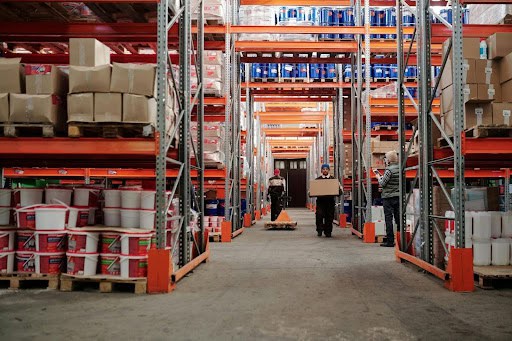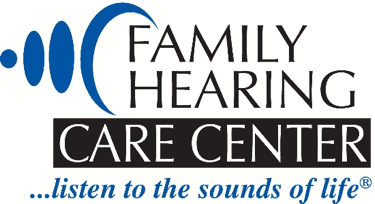
How Industrial Workers Can Protect Their Hearing
In the bustling world of industrial workplaces, where the din of machinery can be deafening, protecting your hearing is not just a matter of comfort; it’s a necessity. Hearing loss is a serious health condition that can significantly impact your quality of life. Fortunately, there are effective steps you can take to safeguard your hearing and ensure a healthier future.
Understanding the Risks
Industrial environments often expose workers to noise levels that can cause gradual hearing damage. Over time, prolonged exposure to loud sounds can lead to noise-induced hearing loss (NIHL), a condition characterized by difficulty hearing high-frequency sounds, tinnitus (ringing in the ears), and even complete hearing loss. Recognizing the risks is the first step in taking preventive measures.
The Importance of Hearing Protection
Hearing protection is crucial for industrial workers exposed to high noise levels, as prolonged exposure can lead to noise-induced hearing loss (NIHL). Earplugs and earmuffs are commonly used devices that reduce noise intensity and protect the ear. It’s important to select protection that fits well and offers adequate noise reduction, as poorly fitted devices can still leave ears vulnerable. Regular cleaning and maintenance of these devices are essential to ensure they remain effective and provide the maximum level of protection.
Workplace Noise Control
While personal hearing protection is indispensable, employers are key players in ensuring a safer working environment. Implementing noise control measures can help reduce the overall noise level in the workplace, minimizing the need for personal hearing protection in some situations.
Isolating noisy machinery, using sound-absorbing materials, and maintaining equipment can help lower overall noise levels. Implementing these changes decreases the need for personal hearing protection in some situations. Regular noise assessments should be conducted to identify areas where improvements are needed, ensuring a safer working environment for employees over time.
Regular Hearing Checks
Early detection of hearing loss is key to preventing long-term damage, which is why regular hearing checks are essential for industrial workers. These evaluations can help identify the early signs of NIHL, allowing workers and employers to take proactive steps to protect hearing.
Employers should encourage periodic hearing tests as part of occupational health programs, ensuring workers are aware of any changes in their hearing. Early detection allows for timely interventions, such as improving hearing protection or modifying noise control strategies.
Communication and Awareness
Raising awareness about hearing health is vital in noisy work environments. Workshops, informational sessions, and hands-on demonstrations can all be effective in driving home the importance of hearing protection. Open communication between employers and workers is also key. By fostering an environment where workers feel comfortable raising concerns about noise levels or the fit of their protective gear, employers can address potential issues before they lead to hearing damage. Active dialogue helps ensure that safety measures are understood, followed, and improved over time.
Personal Responsibility
Workers need to take personal responsibility by consistently wearing their hearing protection and being aware of noise levels in their environment. Even the best hearing protection will not be effective if it’s not used correctly. Workers should also be mindful of noise exposure outside of work. Loud music, power tools, and other high-decibel activities can compound the effects of workplace noise, accelerating hearing damage.
Protecting Your Hearing for the Future
By understanding the risks of noise exposure and using appropriate hearing protection, workers can significantly reduce their chances of developing noise-induced hearing loss. Regular hearing checks, proper equipment maintenance, and a proactive approach to hearing protection ensure long-term well-being. Protecting hearing health now helps industrial workers maintain a fulfilling and healthier life both at work and in their personal time.
